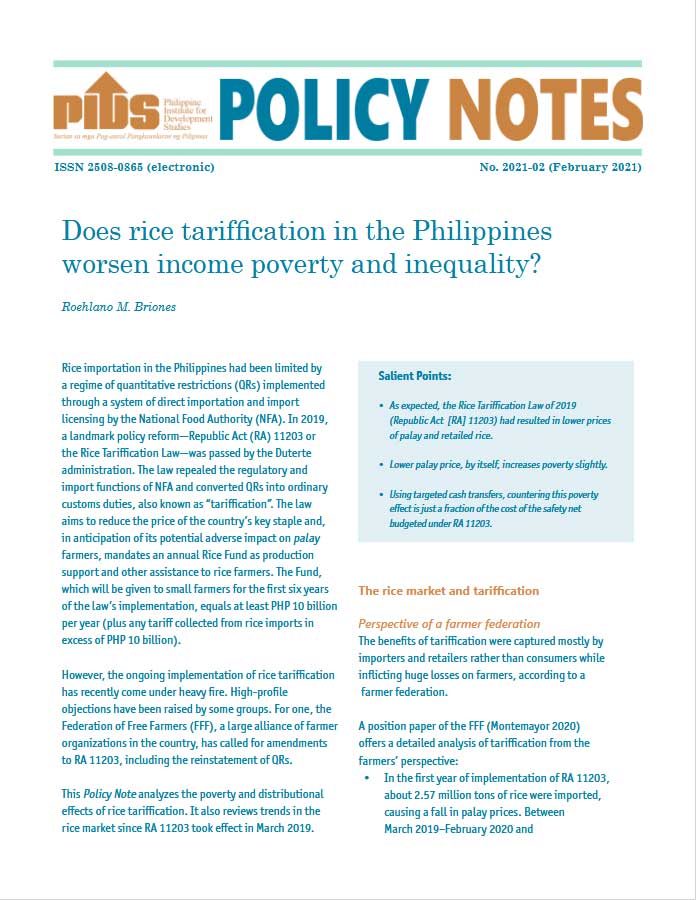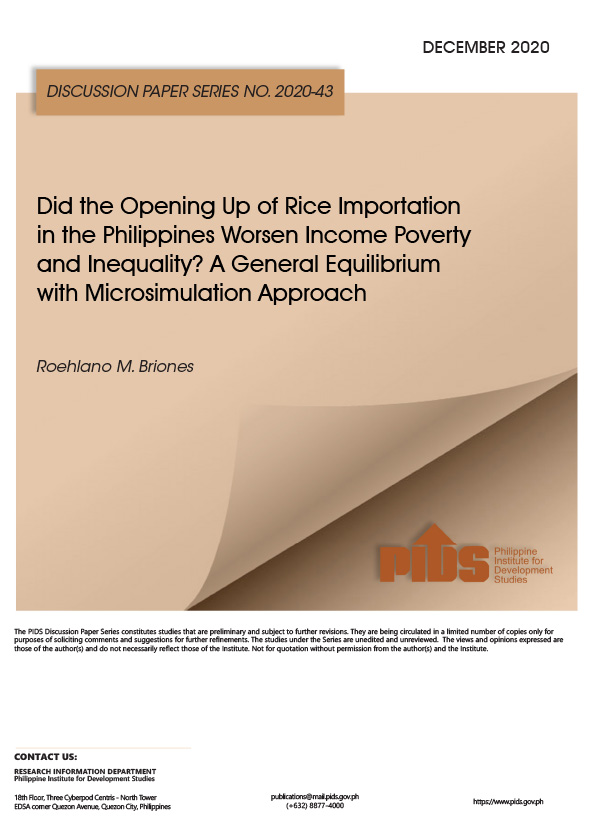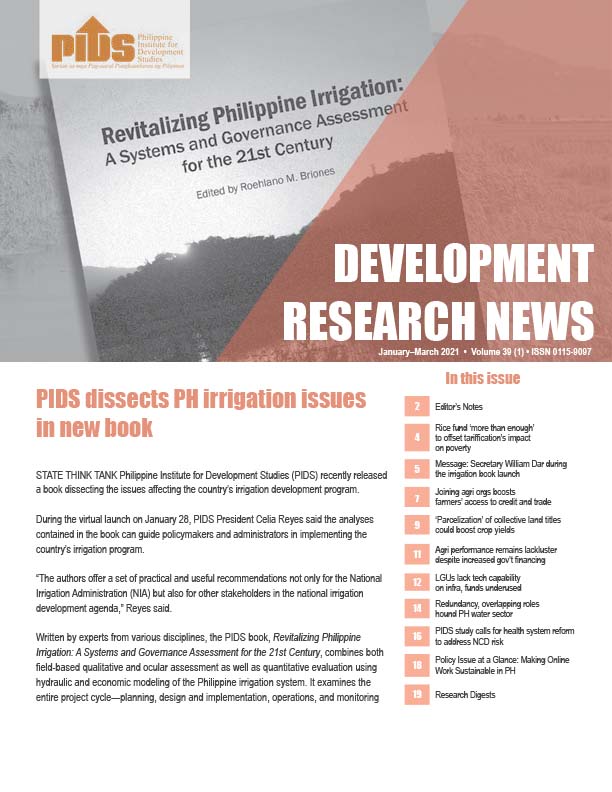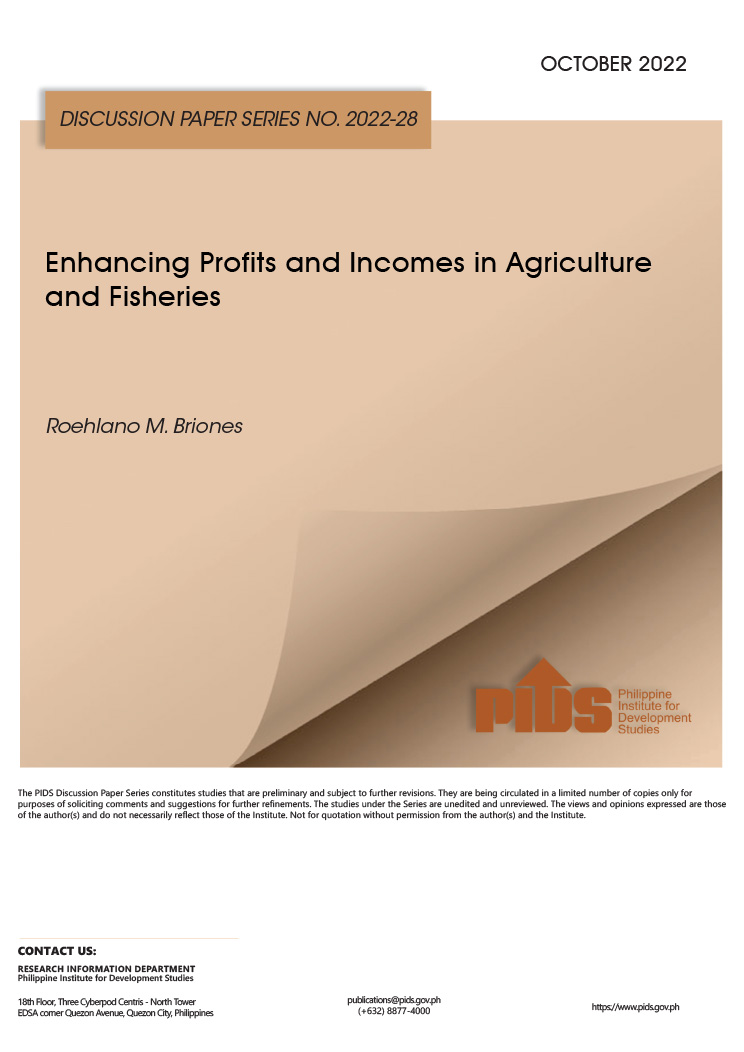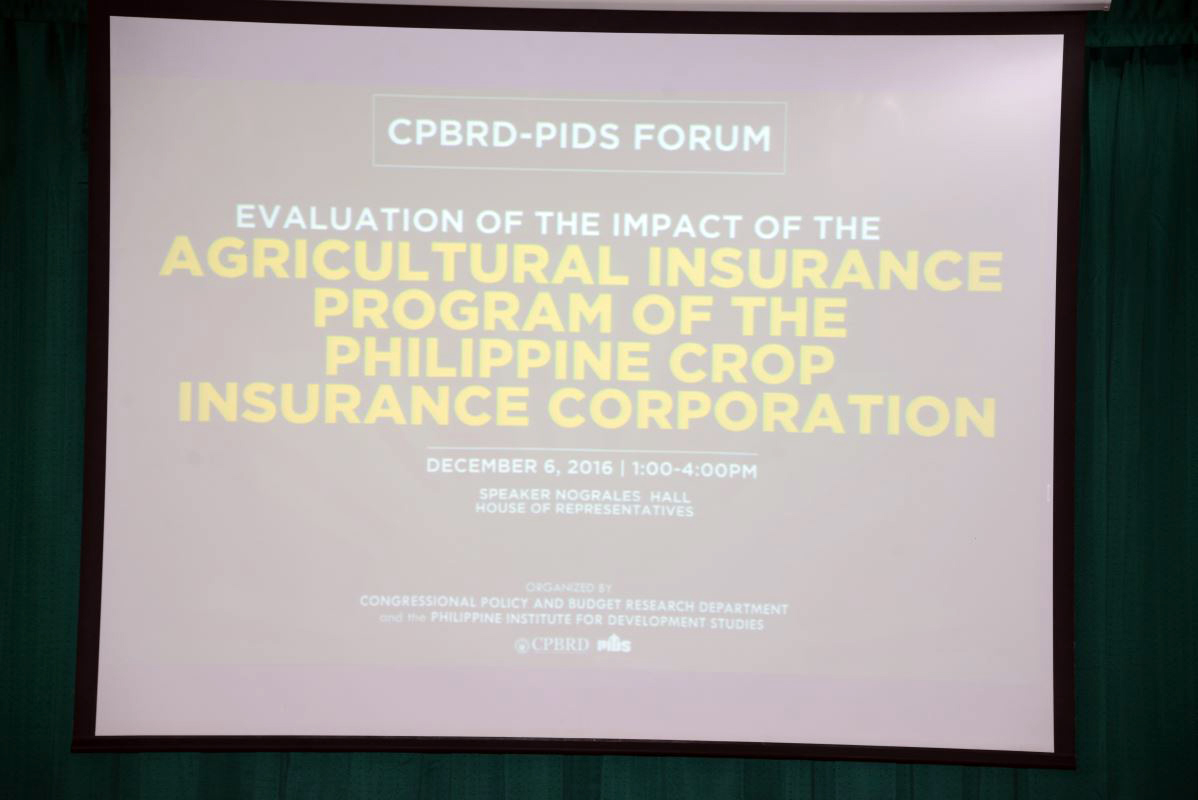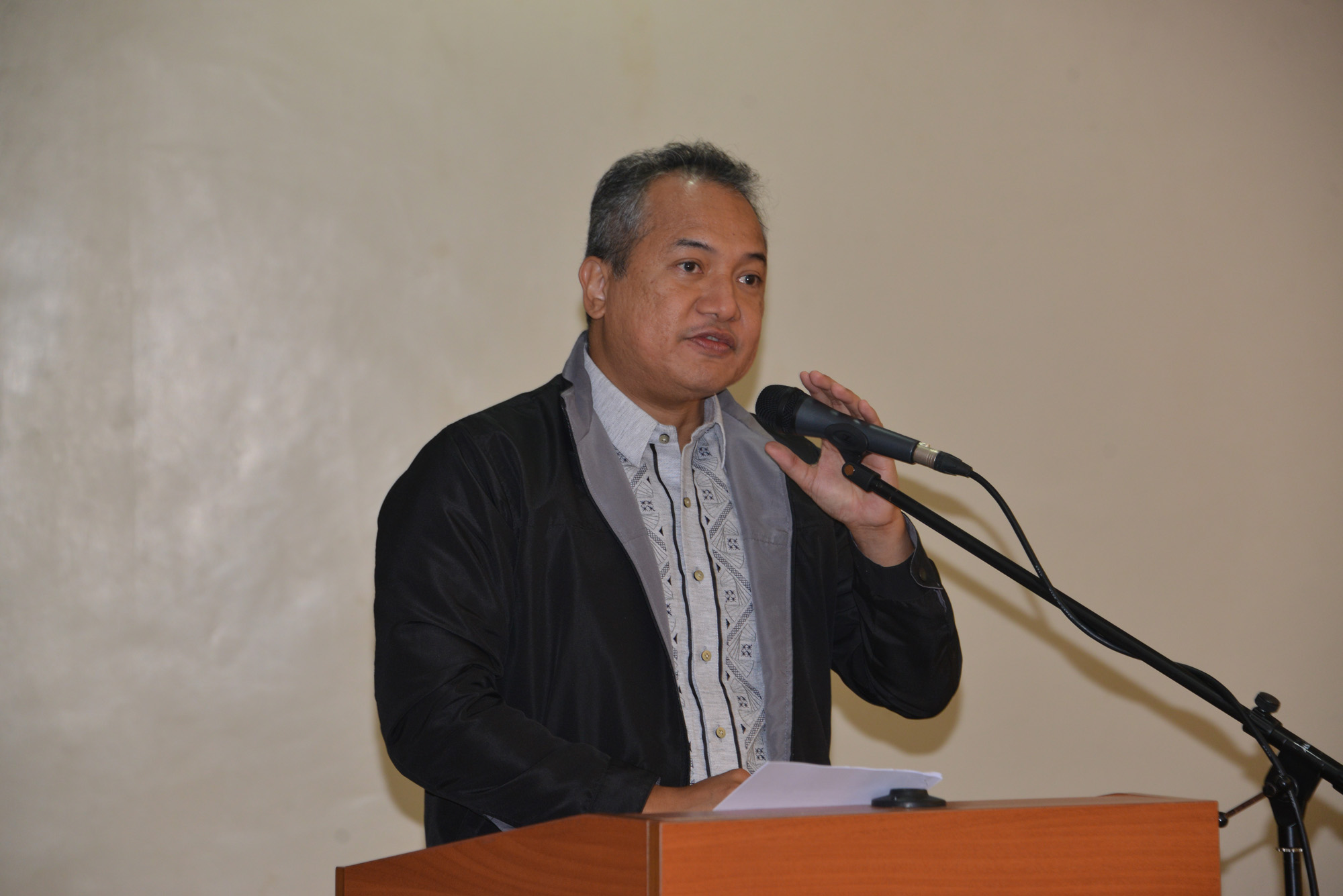Passed in 2019, the Rice Tariffication Law (Republic Act [RA] 11203) aims to reduce the price of the country’s key staple. It also mandates an annual Rice Fund to provide production support and other assistance to rice farmers in anticipation of the policy's potential adverse impact. This Policy Note reviews recent trends in the rice market and assesses the effects of rice tariffication on poverty and income inequality using microsimulation. It finds that rice tariffication had resulted in lower prices of palay and retailed rice. Lower palay price, however, increases poverty but only slightly. To offset this poverty impact (estimated to be just a fraction of the safety net provided for in RA 11203), the study recommends that targeted cash transfers be given to affected farmers. It also suggests that Rice Fund programs be evaluated to measure their impact on the rice industry at the grassroots and determine whether the losers of the policy reform have been compensated adequately.
Citations
This publication has been cited 5 times
- Beatrice M. Laforga . 2021. RCEF capable of offsetting Rice Tariffication law income losses. Business World.
- Walden Bello . 2021. [OPINION] Philippine agriculture is dying, what will it take to save it?. Rappler.
- Walden Bello . 2021. Philippine Agriculture is Dying—What Will It Take to Save it?.
- Walden Bello . 2022. "What Happened to All the Promises, Mr. President?".
- Walden Bello. 2022. Duterte-Dominguez Duo Accelerates Neoliberal Transformation of The Philippine Economy.

